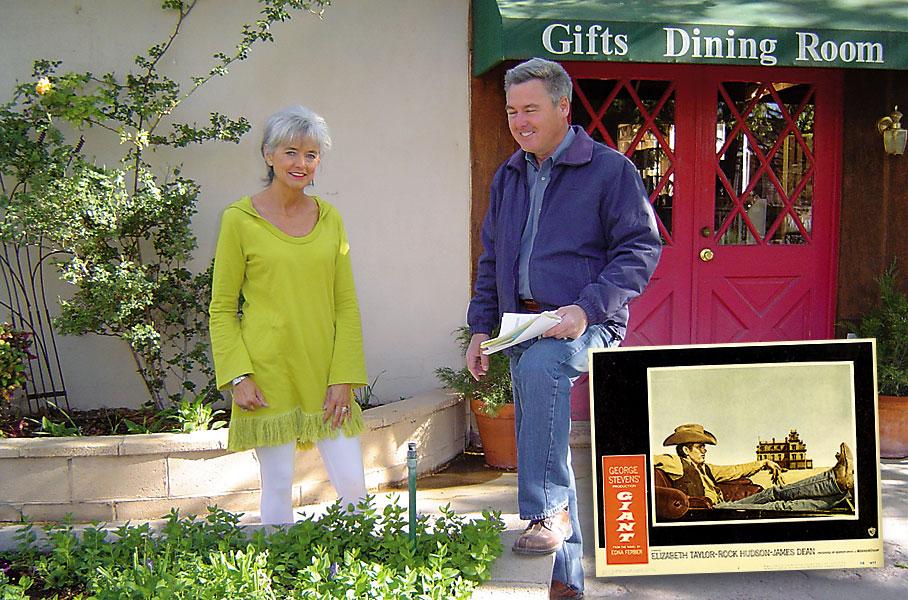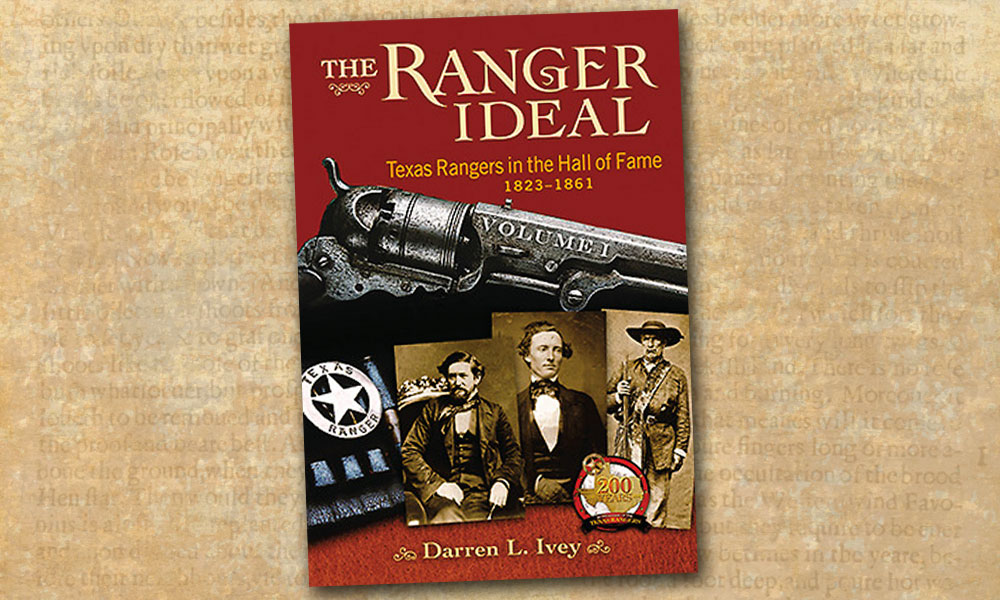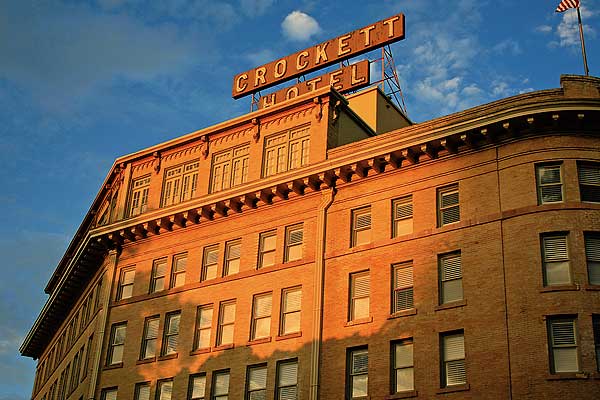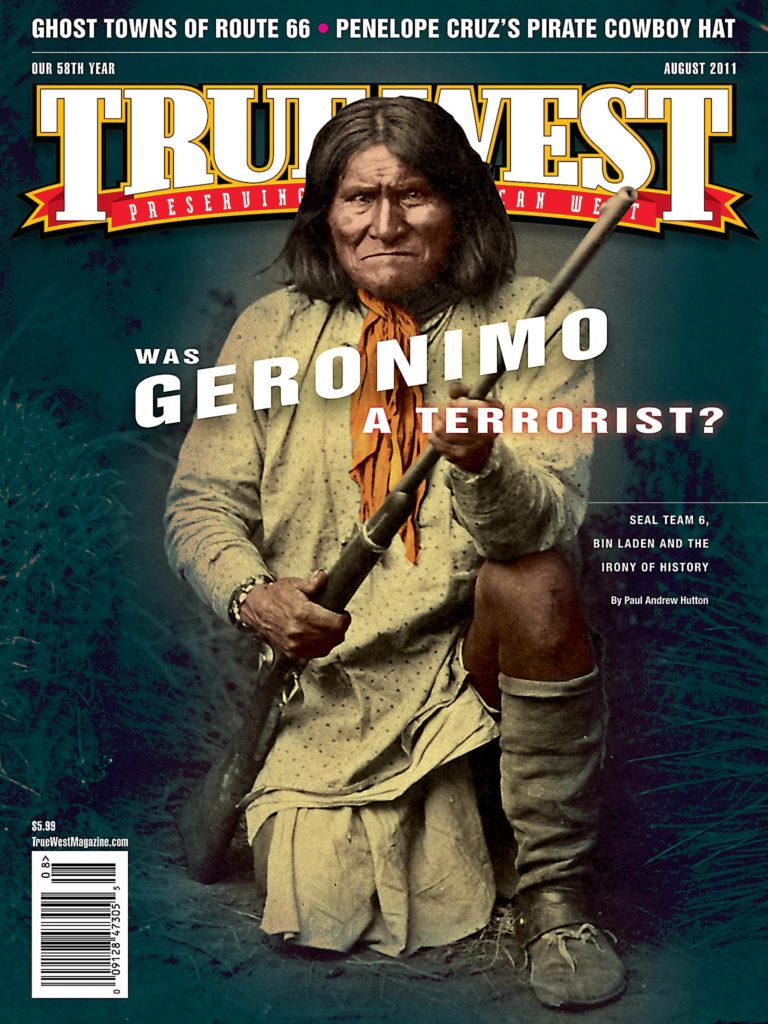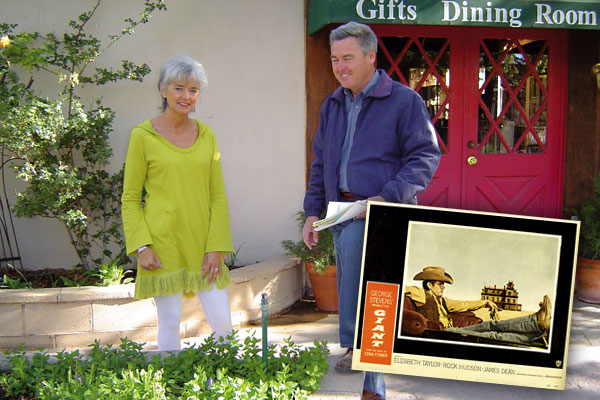 They thought they were just buying out the family business—the hotel Joe Duncan’s folks had owned off-and-on for decades.
They thought they were just buying out the family business—the hotel Joe Duncan’s folks had owned off-and-on for decades.
The two-story, pink limestone hotel was named for the creek that runs through Fort Davis, Texas: Hotel Limpia.
It was January 1991, and 30-something Joe had been in the real estate business while his wife, Lanna, was a school counselor in Dallas. On the day they closed the deal, Lanna says, “we went upstairs to a room reserved for us and laid there, looking at the ceiling and wondering, ‘What in the name of heaven have we done?’”
What they’d done was bought a 13-room hotel on the downtown square in a small town that reminded Lanna of a “miniature toy town.” They faced the “astronomical” overhead of $5,000 a month. “We had no money,” Lanna remembers. “We’d spent everything we had on the down payment, and all we had was our sweat equity.”
That was 20 years ago. Today, the Duncans own a dozen buildings, including hotels in three Texas towns. Their monthly overhead now is “a zillion times more,” Lanna jokes. Yet, she stresses, they’ve still done it with little money, but lots of imagination, hard work and their own sweat.
They have become so successful at restoring old buildings—and making them important contributions to their communities—that folks now come to them, hoping they’ll work their magic on another place threatened with destruction.
That’s how the Duncans ended up with the Hotel El Capitan in Van Horn. The 1920s hotel had been built to promote tourism in the Southwest, but then it was turned into a bank, which the Duncans restored back to a hotel.
Sometimes they ended up with something special in a happy accident, like when they bought the Hotel Paisano, which was the headquarters for the actors and crew during the making of the iconic 1956 Western movie Giant. The property was selling for back taxes at an auction held at the Marfa town square. With rumors that an investor from Dallas was in town to buy it, Joe thought the property would probably go for $500,000. But just before bidding began, the investor backed out, leaving only one other bidder. Joe mused the guy was going to walk away with a treasure for as little as $185,000 and told Lanna to register them.
“As I was coming back, I ran into our CPA, and I told him we were going to bid,” Lanna remembers. “He told me, not only could we afford to bid, but we should. But I was so nervous at that kind of money that Joe had to raise my hand for me. We got it for $190,000-something.”
When local TV and radio reporters asked about plans for the hotel built in 1930, Lanna had to admit she hadn’t been in the building for decades, and that they weren’t yet sure what they were going to do with it. They ended up keeping the hotel open, as well as the Giant movie memorabilia room. After the Duncans restored the building, Frommer’s gave the hotel a grand review and admitted: “James Dean’s one-time room is the most popular, but Rock Hudson’s corner suite, with a full kitchen and a massive balcony overlooking the courtyard pool, is my favorite.”
Back at home in Fort Davis, Hotel Limpia has become the centerpiece of a string of historic buildings the Duncans now own and operate, including more hotel rooms, Victorian adobe guest houses, a restaurant, whole foods market and retail space. Down the street, they’ve also created the Stone Village Tourist Camp, a 1930s tourist court where the garages have been converted to “camping rooms”-—screened-in rooms with canvas curtains and handmade iron beds.
When she looks back on their business, Lanna admits it started small and grew not only in size, but also in significance. “We bought a family hotel, but as we’ve progressed, we’ve helped save the heritage of our little towns. You have to be willing to work hard, to have a vision and to put your heart and soul in it.”
That attitude is what makes an Old West Savior.
Photo Gallery
Lanna and Joe Duncan (left) started off buying out the family business in Texas, the Hotel Limpia. They have grown into hoteliers, with historic properties that include the hotel where the cast and crew of 1956’s Giant stayed. The room James Dean stayed in—he’s shown in the poster—is popular with guests.
– Photo: courtesy Lanna and Joe Duncan; Giant poster: courtesy Warner Bros. –


